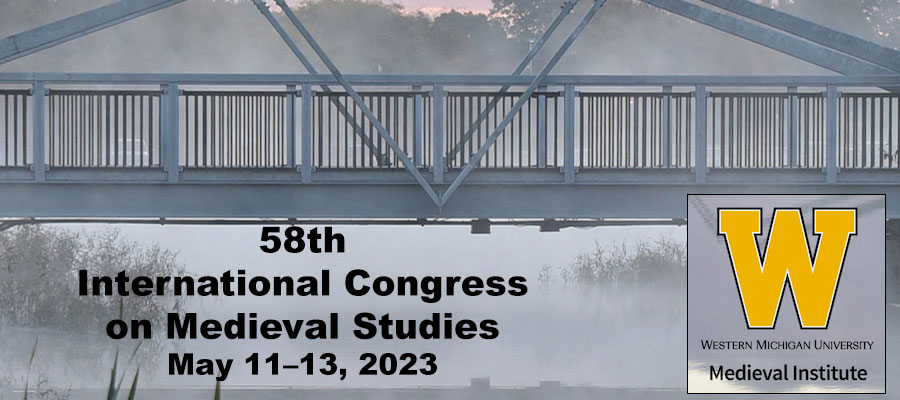The Networks of Romance, Medieval Romance Society sponsored sessions at the 58th International Congress on Medieval Studies, Western Michigan University, Kalamazoo, May 11–13, 2023
The Networks of Romance I: Transnational and Global – (In-Person Format)
Increased social mobility and technological advances in modern society, as well as the advent of postcolonial studies, have spurred scholars to investigate the ‘interconnectedness’ of the global Middle Ages, and to challenge Western-centrism. This session is open to papers that apply these critical approaches to romance texts. We welcome scholars who consider the textual representations of cross-culturalism, and of networks that transcend regional and national boundaries. Also invited are papers that examine depictions of networks from outside the medieval West. We particularly encourage participants who use decolonising methodologies.
The Networks of Romance II: Material Culture and its Networks – Blended Format – (Virtual & In-Person Formats)
In recent years, scholars have increasingly posed questions about the relationship between medieval romance and the material. This session seeks to contribute to this discussion, inviting papers that interrogate material culture and its networks in relation to romance texts. Participants might examine how characters interacted with material objects, or the connections between ‘things’ and space in romance. Also invited are papers that consider the circulation, transmission and reception of romance manuscripts.
The Networks of Romance III: Intersectionality, Instability, and Social Networks – (In-Person Format)
A growing body of research by medievalists examines the intersectionality of identities, experiences and relationships. This work reveals the numerous ways that individuals of medieval society differentiated themselves based on age, disability, gender, ethnicity and social standing. However, it also tends to overlook the instability of these overlapping social categories. This session challenges the assumption that intersecting identities, experiences and relationships in the Middle Ages were static. It does so through interrogating the multiple and complex features of social networks in romance, whether that be on a micro or macro level.
